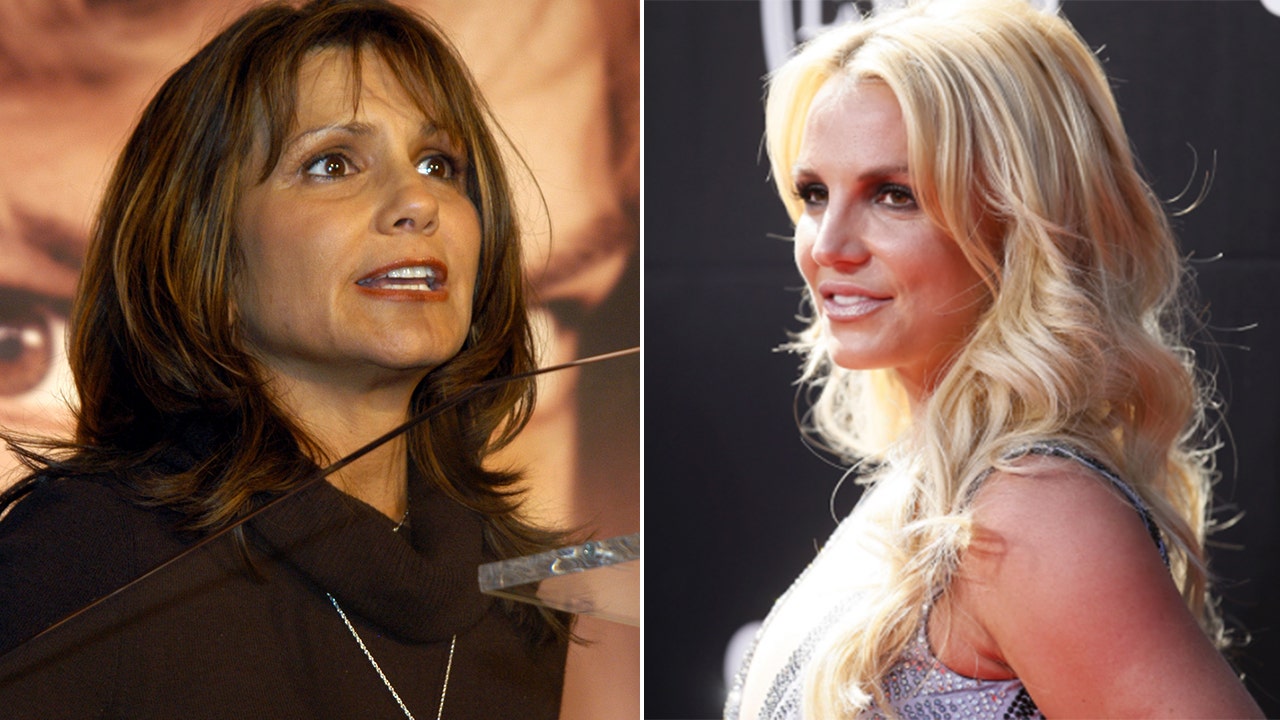This article discusses fatphobia and sexual abuse and therefore may be distressing to some readers.
Although The Whale is being hailed as the comeback film for actor Brendan Fraser, Darren Aronofsky’s film is garnering controversy owing to concerns about fatphobia. The Whale tells the story of reclusive English teacher Charlie (Brendan Fraser) who is living with severe obesity and attempts to reconnect with his estranged teenage daughter, Ellie (Sadie Sink), one last time. The Whale represents the first leading feature film role for Brendan Fraser in nearly a decade; he has been working in mostly supporting parts, such as Steven Soderbergh’s No Sudden Move, and television roles such as Doom Patrol‘s Cliff Steele. The Whale is also the eighth feature film from director Darren Aronofsky, whose movies such as 2000’s Requiem for a Dream and 2017’s mother!, often find themselves at the center of controversy for their often graphic content and disturbing themes.
Despite almost universal praise for Brendan Fraser’s transformative central performance, Aronofsky’s latest film is once again the center of controversy. The Whale began attracting controversy upon the announcement of the film’s premise, and concerns about the movie’s fatphobia only increased after its premiere at the 79th Venice International Film Festival in September 2022. Many of the accusations of fatphobia take aim at Aronofsky’s use of a fatsuit to help portray Fraser’s Charlie as a 600lb man, as well as the film’s apparent superficial treatment of obesity. One constant bright spot surrounding The Whale‘s more controversial aspects, however, is Brendan Fraser’s performance as Charlie, which is consistently referred to as empathetic, compassionate, and imbued with humanity in reviews for the film.
The Whale Is Being Celebrated For Brendan Fraser’s Comeback Performance
Part of the reason that The Whale is being celebrated as Brendan Fraser’s comeback performance is that it’s his first major movie role in almost a decade, and Fraser makes the most of this opportunity to truly capture the humanity of his character. Fraser imbues Charlie with a simultaneous sense of warmth and guilt, completely avoiding treating him as an exploitative, morbid spectacle, despite both the character’s size and the amount of both practical and digital effects used in The Whale to portray him. In her review of The Whale, ScreenRant’s own Mae Abdulbaki praised Fraser’s performance as “magnetic and nuanced.” The success of Fraser’s performance is not only apparent in many of the reviews of the film, but was also clearly on display at The Whale‘s Toronto International Film Festival (TIFF) premiere. Fraser received a five-minute standing ovation at TIFF’s showing of The Whale, which brought the actor to tears, before he told the crowd that he hoped the film would “change some hearts and minds” and would inspire more compassion among viewers.
The Whale’s Fatphobia Controversy Explained
Despite the almost universal praise for Brendan Fraser’s human performance, as well as the acting from the rest of the film’s ensemble, The Whale has garnered a lot of controversy for the film’s supposed fatphobia from viewers and critics alike. These criticisms have partially stemmed from the use of a fatsuit to make Brendan Fraser look like he weighs the 600lb that his character does, rather than hiring an actor of a similar build to Charlie. The fatsuit was then digitally altered in post-production to further increase the size of the character to the full 600lb. Critics of this creative decision by director Darren Aronofsky claim that this choice undercuts Fraser’s human performance and treats Charlie in a voyeuristic manner.
Aronofsky’s direction has been further criticized as emphasizing the cruelty that Charlie endures, especially the verbal abuse that Charlie receives from his daughter Ellie, and treats his eating as a horrific spectacle, that seems at odds with the empathy that Fraser’s performance achieves. The Whale‘s sound mixing emphasizes the uncomfortable noises of eating during any scene in which Charlie has food, while downbeat music plays to further set the uneasy atmosphere. Darren Aronofsky’s directorial choices do not seem to come from a place of empathy, and they seem to treat Charlie like a circus spectacle rather than the three-dimensional human Brendan Fraser’s performance does.
The Whale‘s story has also been accused of using Charlie’s obesity purely as metaphor and set dressing, rather than actually engaging with it at a narrative level. No stranger to religious iconography(Aronofsky’s previous movies include the Biblical-adaptation Noah) critics have stated that the director seems more interested in using Charlie as a Christ-like sacrificial figure rather than a three-dimensional character in his own right. The Whale pays lip service to the poor way that fat people are treated in hospitals and other medical settings. However, the film has been accused of using Charlie’s refusal to go to the hospital as a way to show the audience that he is self-sacrificial, rather than acknowledging that studies show that obese patients are often either dismissed or misdiagnosed by doctors.
Will The Whale’s Controversy Hurt The Movie?
The old adage goes: “there’s no such thing as bad publicity,” however, this is not always the case. The film Amsterdam, released in October 2022 opened to significant controversy due to issues surrounding its director, David O. Russell, and received incredibly poor box office numbers. These controversies include the director assaulting fellow director Christopher Nolan at a party back in 2003, being verbally abusive towards actor Lily Tomlin on-set, and Russell admitting to sexually abusing his niece. Despite an all-star cast, including Christian Bale, Margot Robbie, and John David Washington, Amsterdam flopped upon its release and is expected to lose 20th Century Studios around $100 million. The controversy surrounding The Whale, although nowhere near as damning as Amsterdam, could hurt the movie upon its wide release in December 2022.
Aside from hurting the film financially, The Whale‘s controversies could hurt the film as an experience for viewers, given that so many of them are tied in with the content of the movie itself. Many of Darren Aronofsky’s movies wallow in the misery of their characters, The Whale‘s Charlie included. This is most notable in Aronofsky’s psychological drama about drug addicts, Requiem for a Dream, which treats the dilapidating effects of heroin like a horror movie. These stylistic choices on Aronofsky’s part have been noted as more than present in The Whale with the film often emphasizing Charlie’s size and eating habits for horror rather than empathy. Although The Whale contains a career-best, and deeply humanist, performance from Brendan Fraser, the more controversial aspects of the film threaten to sink that performance in a sea of misery.




























































